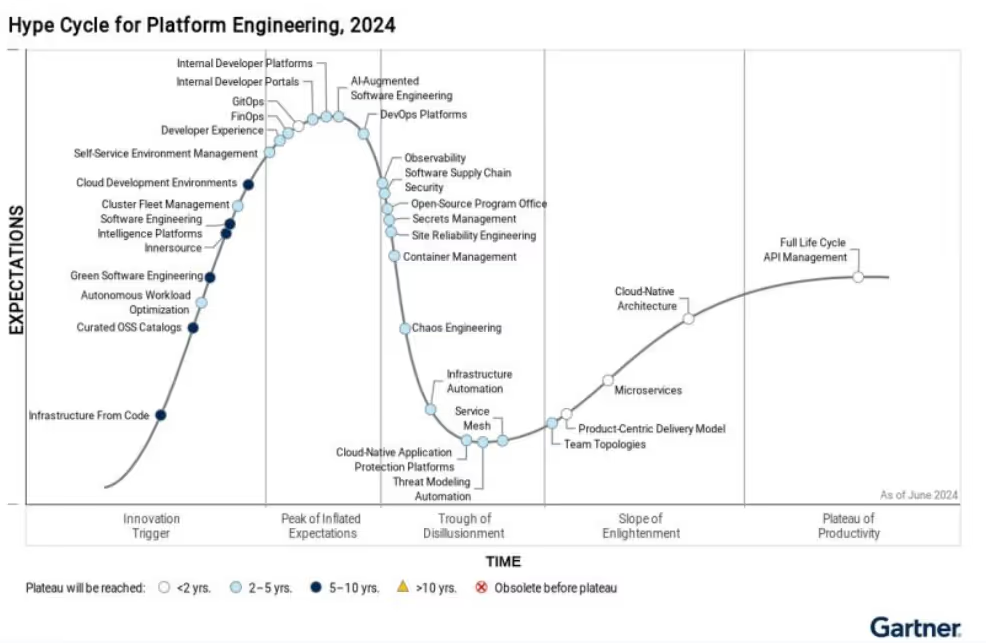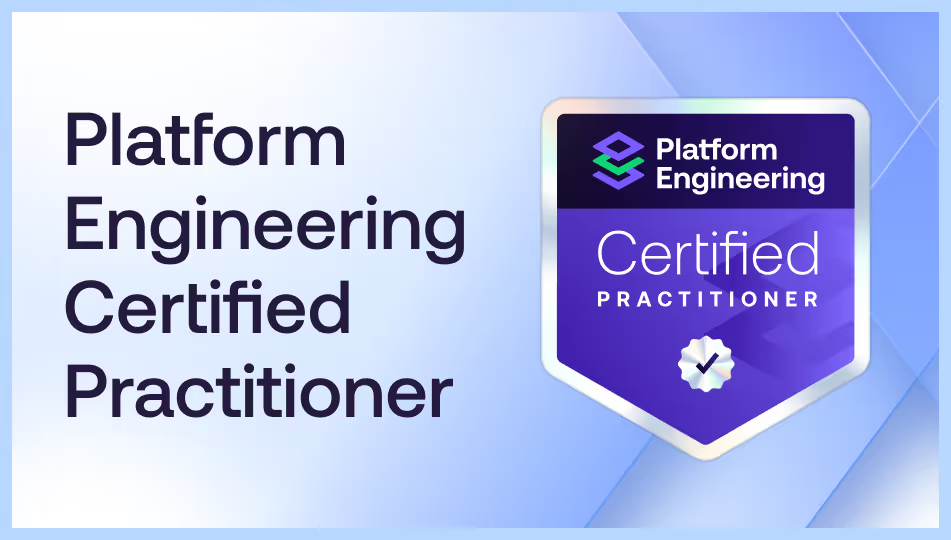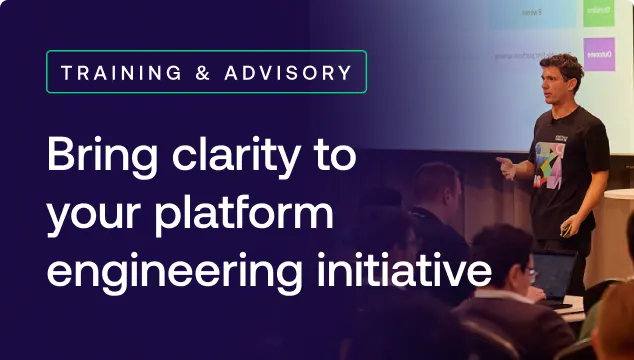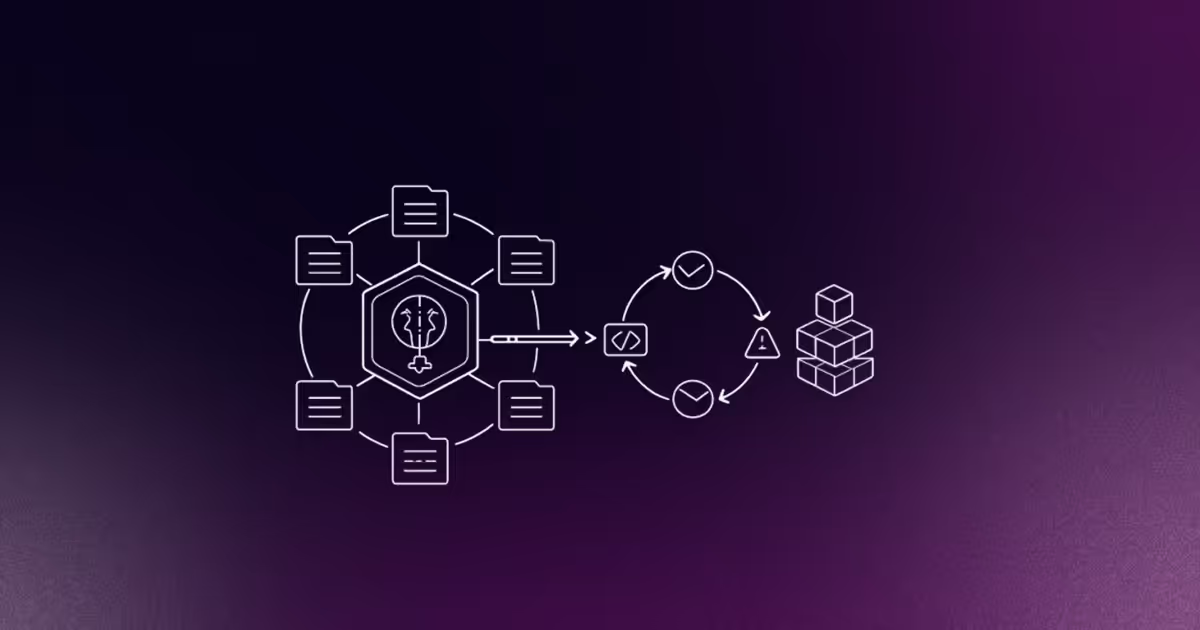There's no denying it: platform engineering has established itself as a fundamental discipline in modern software development. It's key to scaling AI, improving developer experience, accelerating delivery, and future-proofing businesses of all sizes in all geos.
And you don’t have to take my word for it. Gartner forecasts that by 2026, 80% of large software engineering organizations will have platform engineering teams. And 88% of tech executives see platform engineering as crucial to meeting their organization's objectives. At the same time, according to Google Cloud, 86% believe that platform engineering is essential to unlocking the full business potential of AI. It’s no surprise the market for platform engineering tools and services is estimated to surge to over $50 billion by 2028.
The discipline made tremendous strides in the analyst world last year, appearing on more than 10 different Gartner Hype Cycles, a fivefold increase compared to the previous year. Perhaps most tellingly, platform engineering now boasts its own dedicated Hype Cycle, clearly highlighting its position as a strategic priority across the industry.

But here's the (multi)million dollar question: who's helping enterprises navigate this paradigm shift? The answer is clear: service providers.
The cultural dimension: where service providers shine
We all know that platform engineering involves technological change, but doing platform engineering right is far more about culture, than it is about tools.
Enterprises struggling with platform engineering are not struggling because they can’t decide which tools to use: I have yet to see a single platform engineering initiative fail because a team picked Pulumi over Terraform, or any other fork in the technological road. Teams struggle because the cultural implications of platform engineering require a reframing of how enterprises, organizations, and even individuals think about their workflows.
For one, this transformation means doing more than just breaking down the traditional silos between development, operations, security, and other departments: it calls for creating a culture of shared responsibility, continuous learning, and rallying around common objectives.
The very concepts that drive the immense benefits of platform engineering (like Platform as a Product) are the same concepts that teams struggle to enable. The organizations themselves are faced with questions they have often never faced before. Heads of Platform struggle to define and drive a shared vision. Platform engineers fail to simultaneously speak the language of their myriad stakeholders, from executives, to security teams, to their developers.
To put it simply, organizational change of this magnitude isn’t easy. And it’s for precisely this reason that consultants have become such crucial players in this space. They bring fresh external perspectives, guide change management processes, and help tailor platform engineering practices to fit the unique context and needs of each organization.
To do that in a rapidly moving and developing field, these service providers need to be at the very center of the platform engineering community: engaging with the community, learning from real-life implementations, and staying ahead of emerging practices.
How do they do that? Take Thoughtworks, they have been pushing the boundaries of digital innovation for 30 years, and now they’re building deep expertise in platform engineering and leveraging data and AI to unlock new value streams. By partnering up with the Platform Engineering Community, they've cemented their position as thought leaders in the field, bringing battle-tested frameworks and best practices directly to their clients.
"Becoming a Platform Engineering Certified Service Provider has been transformative for how we deliver value to our clients," says Rickey Zachary, Global Engineering Platforms Lead at Thoughtworks. "What makes this collaboration special is how it connects us to a global network of platform engineering practitioners. This has enhanced our service offerings, and allowed us to shape industry standards. We're seeing our clients achieve remarkable results – from massive improvements in time-to-market to dramatic reductions in operational overhead – by implementing the proven patterns and practices we've refined through this community partnership. We gain a decisive edge in helping organizations build platforms that truly enable developer productivity and business agility."
In a similar vein, WeScale has leveraged our Platform Engineering Community to bring global expertise to the French market. They've collaborated with the community to introduce specialized trainings and brought events like PlatformCon to French audiences. This strategic partnership hasn't just improved their service offerings: it's helping drive the adoption of platform engineering practices across the entire region.
These examples paint a clear picture of how service providers can thrive by embracing the synergy with the platform engineering community. By certifying themselves, aligning with the community, and adopting proven best practices, they can significantly shape the industry, deliver more value to clients, and maintain their competitive edge in a technology landscape that never stops evolving.
Conclusion
Platform engineering is more than a technological trend, it’s a paradigm shift in how software is developed and delivered, and service providers are key enablers of this transformation. It’s a journey that requires expertise, collaboration, vision, and expert guidance, but the rewards are substantial.
For service providers, this is a golden era: an opportunity to step up as leaders, shape the future of software delivery, and drive real impact across industries. Those who invest deeply in platform engineering and stay embedded in the community will become the strategic partners enterprises can’t do without.
If you’re interested in becoming a certified service provider, learn more here.














